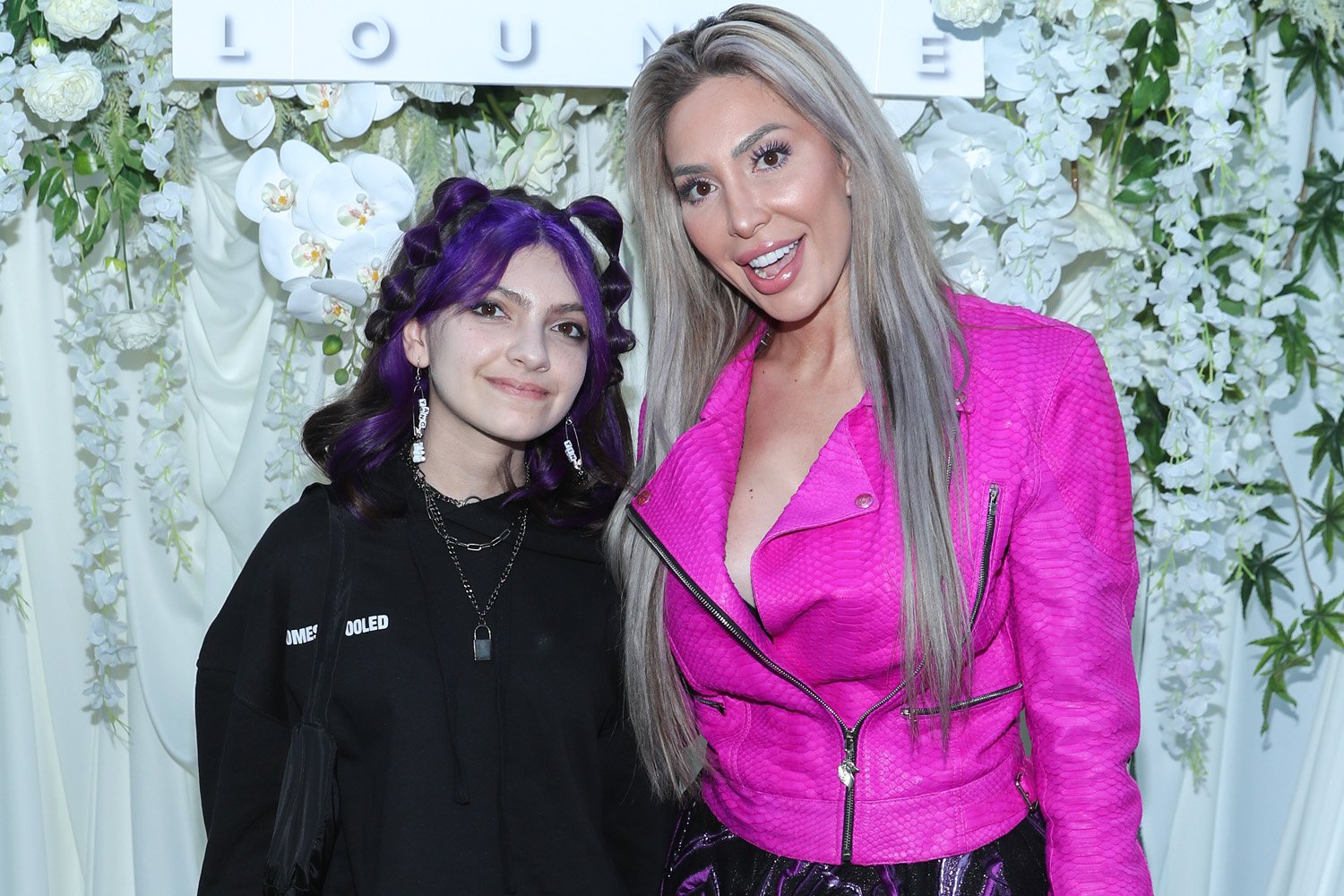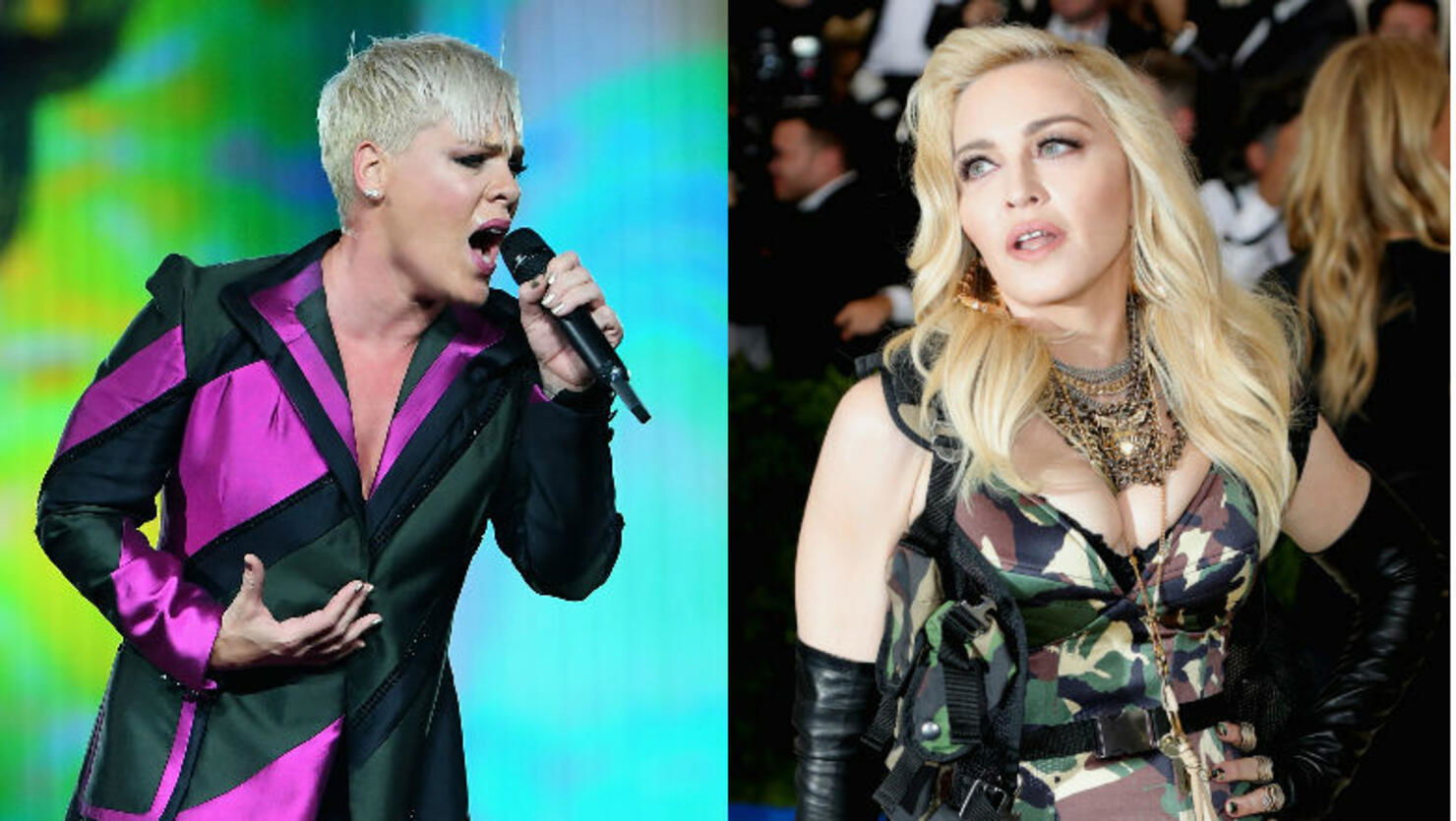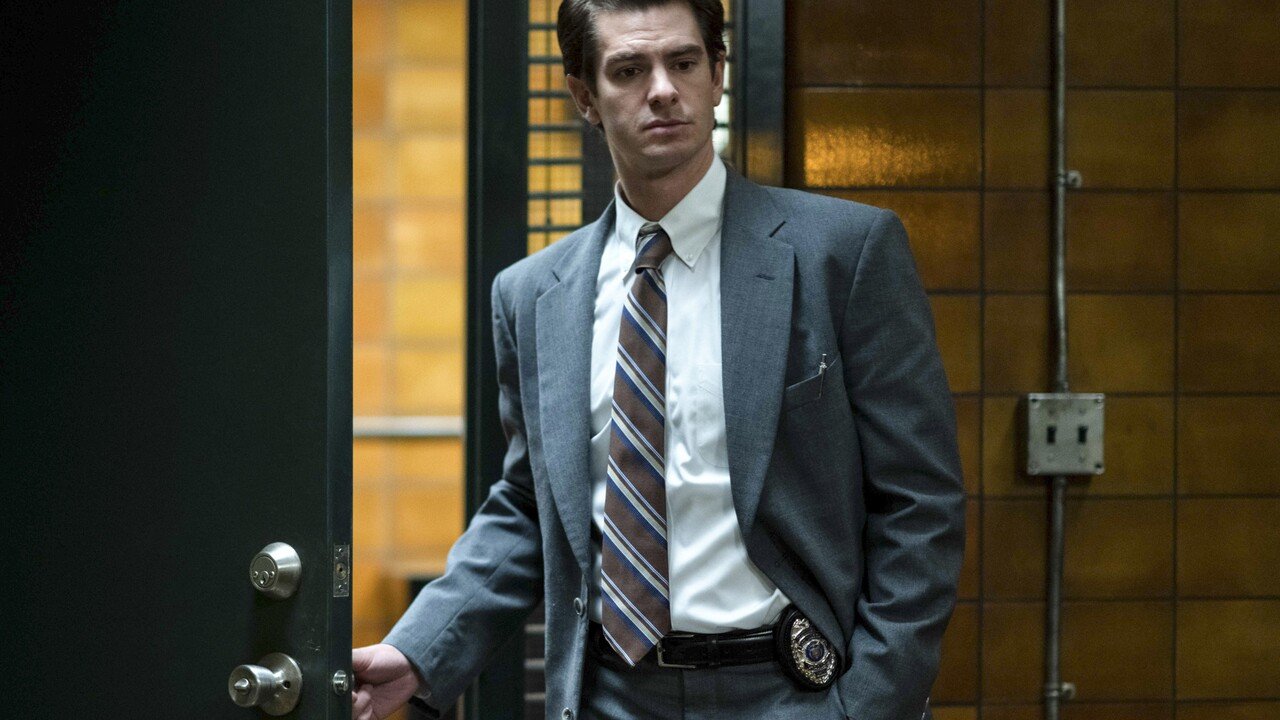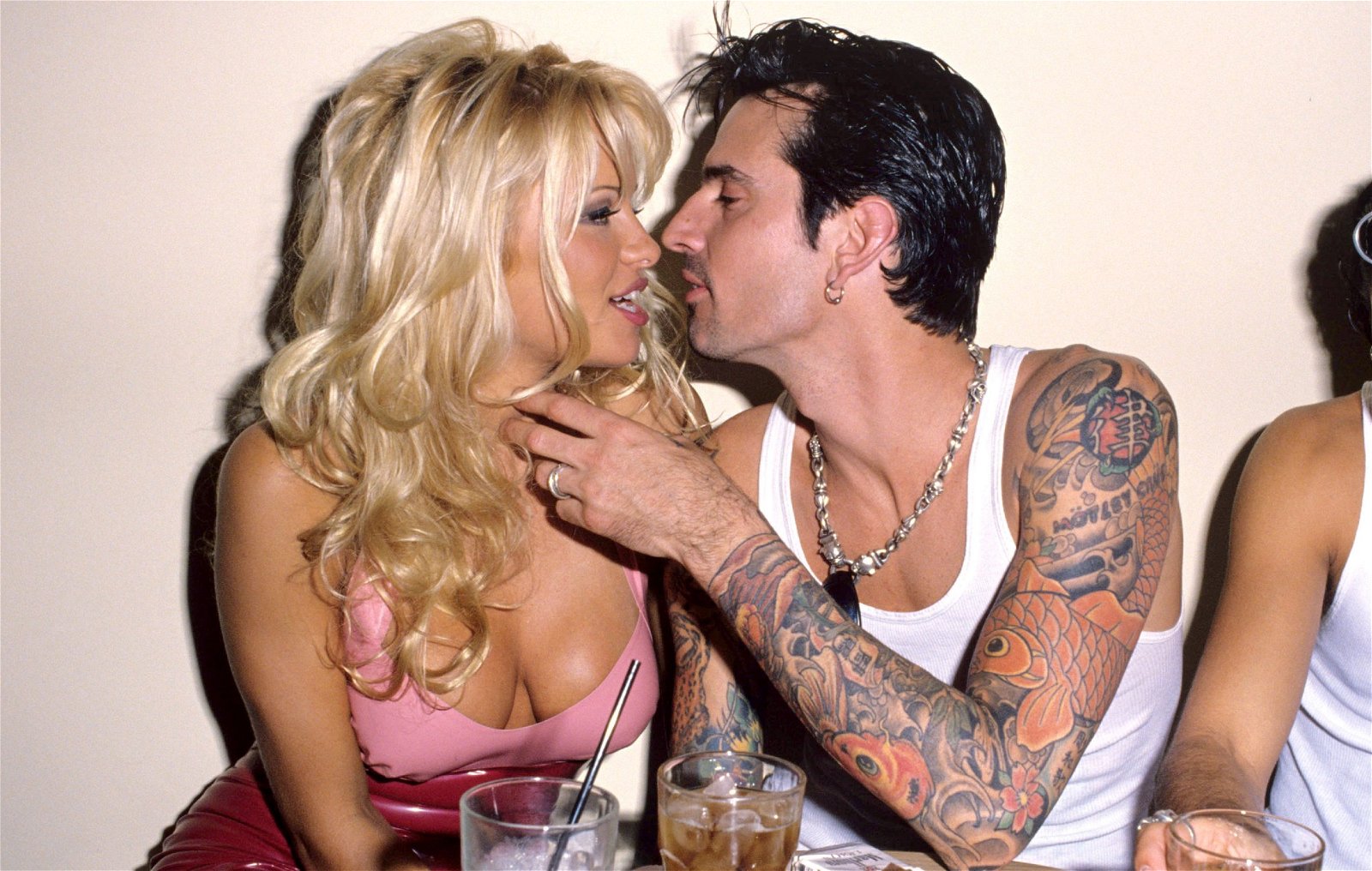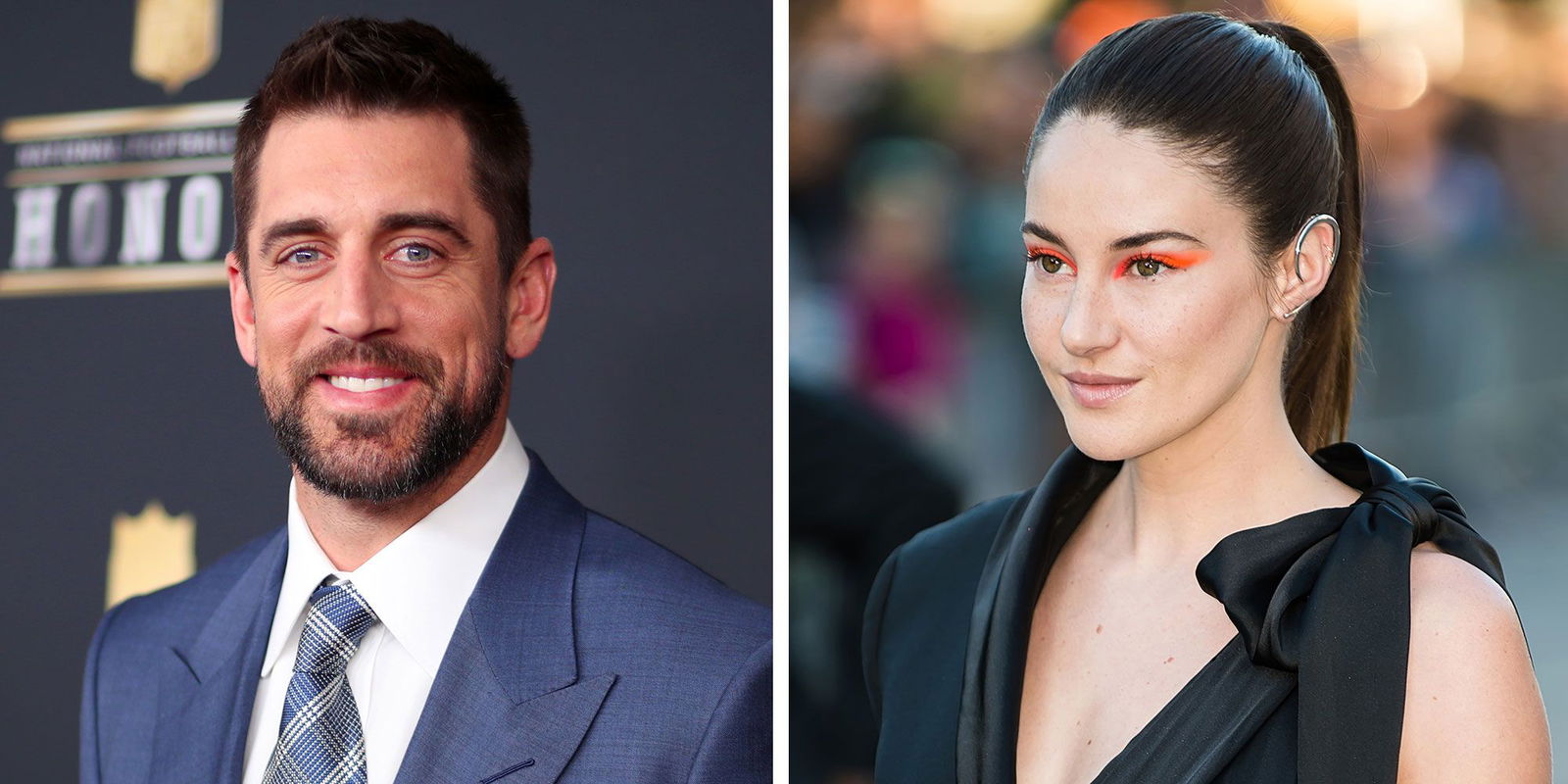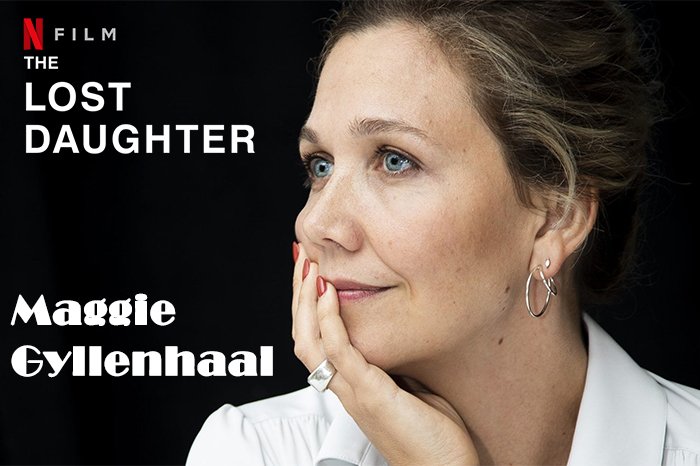 Image Source: The Telegraph, Netflix
Image Source: The Telegraph, Netflix
American actress and filmmaker Maggie Gyllenhaal stepped into the industry as she appeared in her father Stephen Gyllenhaal’s movies but gained recognition when she appeared in a supporting role in the indie cult Donnie Darko in 2001. Maggie Gyllenhaal rose to fame with her role in the sadomasochistic romance movie Secretary in 2002. The actress’ performance landed her a Golden Globe nomination along with praises from the audience as well as the critics.
Maggie Gyllenhaal’s first directorial debut, ‘The Lost Daughter’, will be released in cinemas on 17th December 2021 and 31st December 2021 on Netflix. According to The Guardian, Maggie Gyllenhaal has always been attracted to ‘troubled women. The ones that are a real challenge. They really need me.’ The actress, who is now an accomplished filmmaker and is gearing up for the release of her directorial debut, ‘The Lost Daughter’, starring Dakota Johnson and Olivia Colman, is not afraid to delve into the stories of women who are sidelined by society or for some reason their stories are not told to the world. The Guardian quoted, "She delves into the uncomfortable angles and sharp edges of her characters and found her niche by not quite fitting into the mold."
The Lost Daughter deals with the struggles and challenges of raising children. Olivia Colman plays Leda, a college professor who during a holiday becomes obsessed with a young woman and her daughter and while observing them she gets to confront her memories of early motherhood.
In an interview with Vanity Fair back in August, the actress-turned filmmaker said, "Often I explore things in my work before I’m brave enough to explore them in my life. I grew up in a time when there were some fascinating women making movies, but there weren’t very many. I just, without thinking about it, was like, oh, I’m an actress. I didn’t allow myself to think about the director."
Maggie has often shared the importance of showcasing true and honest depictions of motherhood and has mentioned that women are born into an agreement to stay silent about their experiences, but she is not afraid to showcase the same stories on-screen. During the premiere of the movie at the BFI London Film Festival, Maggie said, "There are all sorts of things about our experiences as women in the world that I think without even knowing it, we’re kind of born into an agreement to stay silent about. And Elena Ferrante broke the agreement and wrote all these things down, that in some cases I didn’t even know I felt until she articulated them. Always as an actress, I’ve been trying to tell the truth, to move away from fantasy to into reality. I’m much more interested in reality, I think most people are more moved by reality."
The actress turned director said that what relationship is more sacred than a relationship that a mother shares with her children, and the ability to showcase it truly on-screen and provide probable excitement and comfort to people is what she is looking forward to. Maggie shared with The Hollywood Reporter that while she was reading ‘The Lost Daughter’ by Elena Ferrante's 2006 novella, she realized that there is a crisis of self-examination that can come up. She said, "You think, ‘Oh my God, this woman is so fucked up.’ And then one second later, I was like, ‘Oh my God, I relate to her.’ And then you’re like, ‘Oh my God, I’m so fucked up.’But at the same time she mentioned that she recognized the truth as well even though they were uncomfortable and stated, If I relate to this fictional experience that this woman is writing, it means this is an experience that many people are having, and it isn’t being talked about."
Director Laurie Collyer said about Maggie, "I think celebrity culture breeds conformity, and Maggie is truly nonconformist, truly finding her way. Even just the way she dresses – I know it sounds superficial, but it all represents something: she’s her person. " Maggie’s friend and 'Honorable Woman' co-star Genevieve O’Reilly said, "Maggie is naturally and confidently curious. She is unafraid to ask questions. She is an active listener and has a gentle honesty that provokes thought and conversation. Maggie is someone you lean on. You can’t help it. I think she has a quiet fire at her core that is at once warm and potent, audacious and fiercely intelligent. "
Elena Ferrante granted permission for the adaptation on the condition that Maggie Gyllenhaal will be the only one to direct it and nobody else. "She said it has to be me, which I took as a real vote of confidence. I needed that at the time." Maggie also said that she was bowled over by Elena’s work as a writer. She added, "She was talking about things I had never heard anybody talk about before, in particular about being a woman in the world."
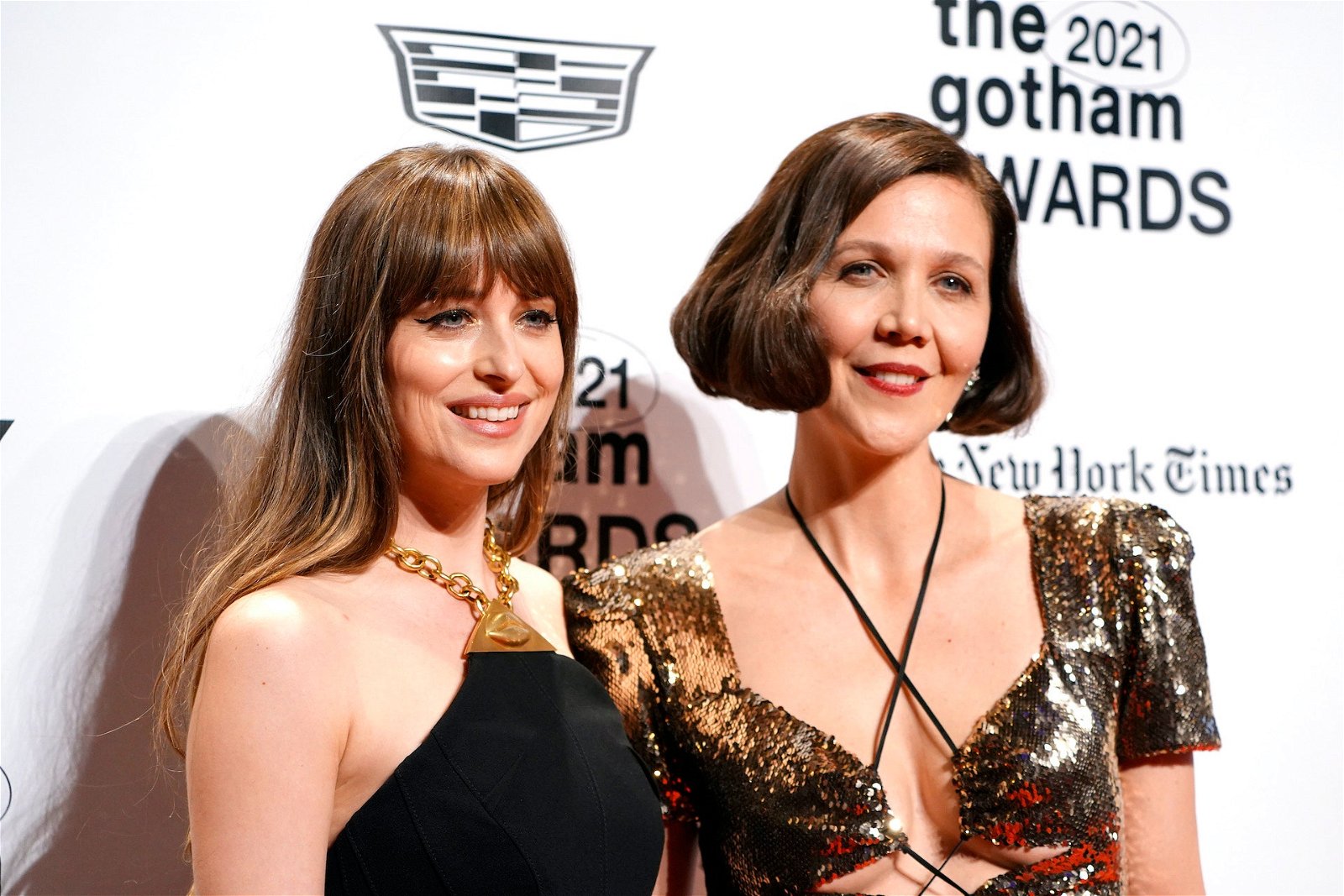 Elena Ferrante granted permission for the adaptation on the condition that Maggie Gyllenhaal will be the only one to direct it and nobody else. Image Source: Vanity Fair
Elena Ferrante granted permission for the adaptation on the condition that Maggie Gyllenhaal will be the only one to direct it and nobody else. Image Source: Vanity Fair
Elena was asked about what she liked about the movie, to which she said, "Gyllenhaal makes true cinema: she trusts the images; there’s no voice over to help the story along; the dialogue is allusive; the gestures are charged even if merely hinted at; the flashes of the past in the present are convincing; there’s an increasing tension that arises naturally from minor events. And then it’s wonderful how she can transform certain images from the book into a style of her own: the blinking of the beam from the lighthouse, the bowl of beautiful fruit that turns out to be rotten, the cicada on the pillow, the orange peel cut in the shape of a snake, the worm hidden in the doll’s stomach, and so on. Every movement of the characters is ambiguous; they reveal and hide, hide and reveal. As a result, the story flows while also delving into its dark sides, digging within. Yes, it’s a great job. "
Jessie Buckley, who plays the younger version of Leda in the movie, said, "It made me reframe what being a woman is. You are going to change and have different needs, and [this story is] permitting for us to have a life with all of it, not just the image of what it means to be a mother or a daughter or a wife or a dreamer. "
